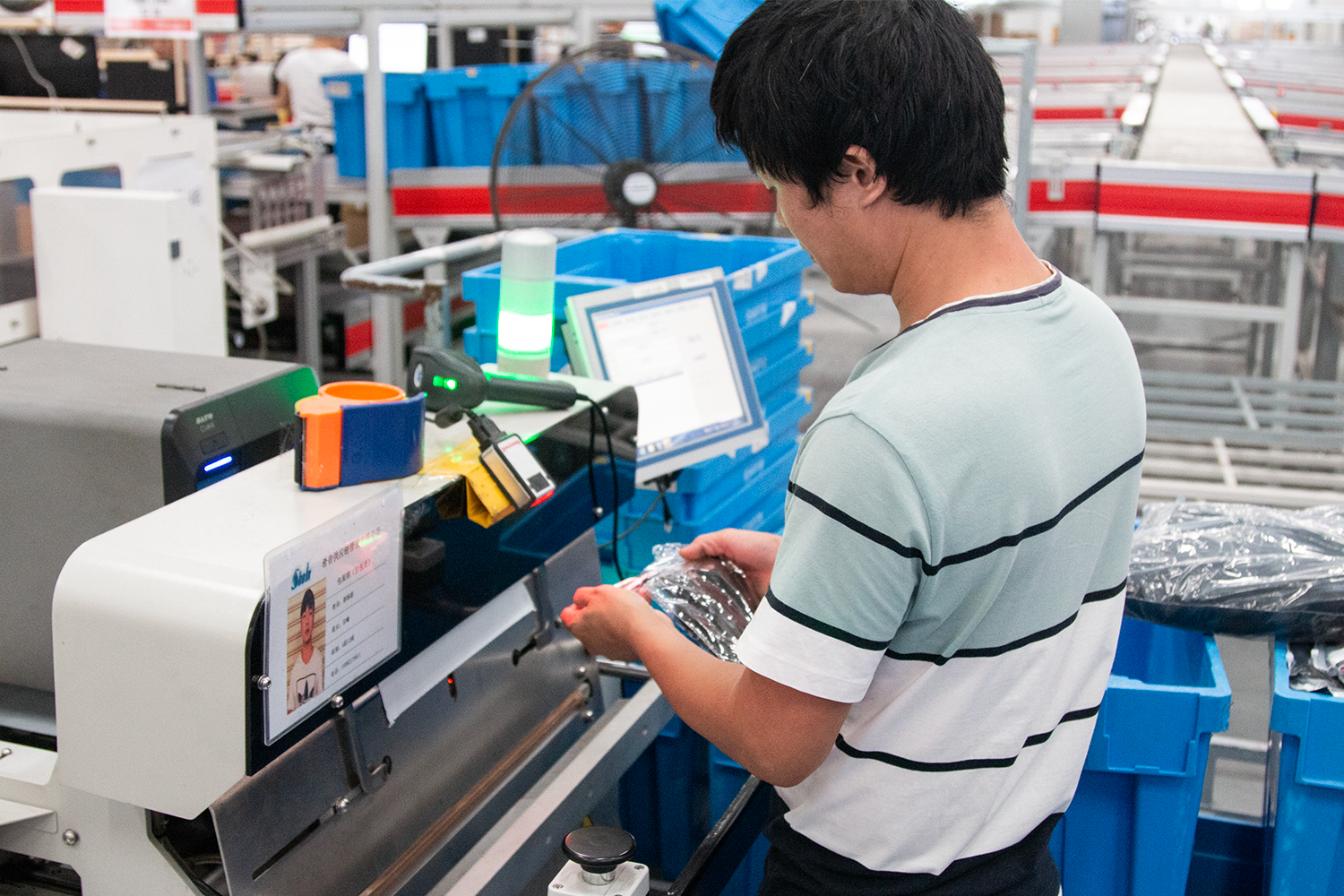- Investment aims to further improve standards, making physical enhancements to its supplier’s factories
- Company will also double its spending on SHEIN Responsible Sourcing (SRS) programme, increasing the frequency of independent factory audits and training
- Company continues its commitment towards strict implementation of Code of Conduct
London, UNITED KINGDOM, 5 December 2022 — SHEIN, the global fashion, beauty and lifestyle e-retailer, has announced plans to spend $15m over the next three to four years to help upgrade hundreds of factories in its supply chain.
The $15m investment focuses on making physical enhancements to its suppliers’ factories and is part of SHEIN’s Supplier Community Empowerment Programme (SCEP). More than 30 projects will be completed by the end of this year, 100 by the end of 2023 and up to 300 within four years.
The SCEP initiative builds on SHEIN’s Responsible Sourcing (SRS) programme, which is designed to ensure that employees working for its suppliers are treated fairly and with respect in safe and comfortable working environments.
As part of the SRS programme, all contracted manufacturing suppliers agree to comply with the SHEIN Code of Conduct, which is aligned to International Labour Organization core conventions, and local laws and regulations. They also accept that violations of the Code could lead to their contracts being terminated if they fail to rectify serious infringements within a set timeframe.
More than 2,600 independent audits were carried out in the past 12 months by leading testing and quality control agencies, but SHEIN is determined to do more and is today committing to double the amount it invests in the SRS to $4m per year. This will enable it to increase the frequency of unannounced spot-checks and invest more in training suppliers how to comply with its Code of Conduct.
SHEIN has also implemented a multi-channel feedback system for the workers at SHEIN’s contracted factories. It enables workers to anonymously submit complaints, feedback and suggestions via email, phone or WeChat, to support the company’s efforts in monitoring and managing compliance to its Code of Conduct and upholding the labour rights of workers.
Separately, SHEIN is today releasing key details of the independent investigation launched in the wake of allegations about working practices at two garment factories supplying SHEIN, made in a recent television documentary in the UK.
The findings of independent audits carried out by experts at Intertek and TUVR as part of the SRS programme refute most of the allegations.
Wages
The independent investigations concluded that workers at both factories receive wages that are in accordance with local labour laws and regulations. Workers at Factory A receive an average monthly salary of CNY9,606 (£1,162) while workers at Factory B typically take home CNY10,026 (£1,212). These are both significantly higher than the local minimum wage in Guangzhou of CNY2,300(£278) and more than the average wage of workers in the region’s textile and garment production industry which is about CNY 4,000(£484).
The claims that factories withhold worker’s salaries or illegally deduct wages are also untrue. All salaries are paid at the end of the contracted month and in accordance with local laws and regulations.
Working Hours
The investigations also showed that the maximum working hours at Factory A are 13.5 per day, with workers taking at least two to three days off per month.
At Factory B the investigation recorded maximum daily working hours as 12.5. The investigation also found that this factory does not have a fixed structure for days-off.
While these are significantly less than claimed in the documentary, they are still higher than local regulations permit. SHEIN has therefore given both suppliers until the end of December to rectify the situation and reserves the right to take action against them if they fail to do so by then. In the interim, SHEIN has reduced orders from the two producers by three-quarters until they fully comply with the Code.
Salary Structure
Claims that workers only earn mere pence per completed garment is not factual and misrepresents the wage structures used by these suppliers. The figures cited refer to a per-step-per-piece commission and not per completed garment.
A basic T-shirt undergoes a minimum of 11 steps of varying complexity to complete the garment. Each worker in the production line is assigned only one of those steps, for example, checking for and cutting off excess thread on a finished garment, as portrayed in the documentary. The worker earns a commission for each step per garment.
Adam Whinston, Global Head of ESG for SHEIN said: “We are extremely pleased to announce the SCEP programme, which demonstrates our commitment to our suppliers and their employees and will significantly improve the working lives of thousands of garment workers over the next three to four years.
We take our responsibility to safeguard the welfare of workers at all our suppliers very seriously. Through the SRS programme we have been working diligently with our contracted partners to improve welfare and working conditions. We are now looking to double our investment in the SRS programme to improve supplier management further.
At the same time, I am pleased that workers in these two factories are earning significantly more than the minimum wage and many other workers in the industry in their region.
While the audit did reveal an issue with working hours, this has been raised with both manufacturers and we have significantly scaled back our orders from them until they take effective action. SHEIN prizes its reputation as a responsible fashion group and will not hesitate to take action like this where necessary.”

